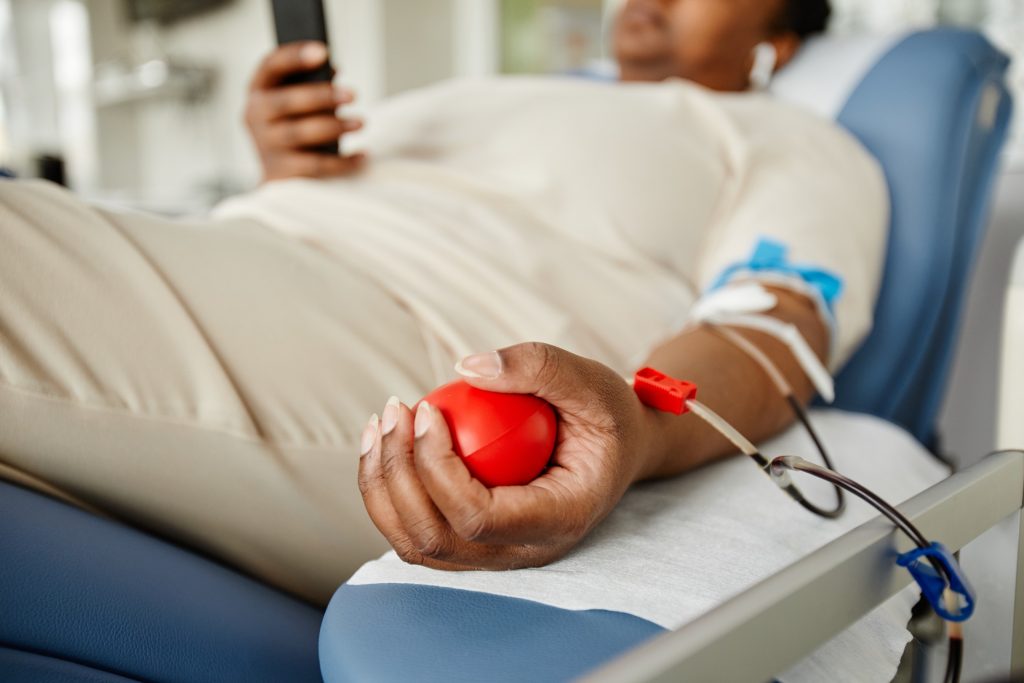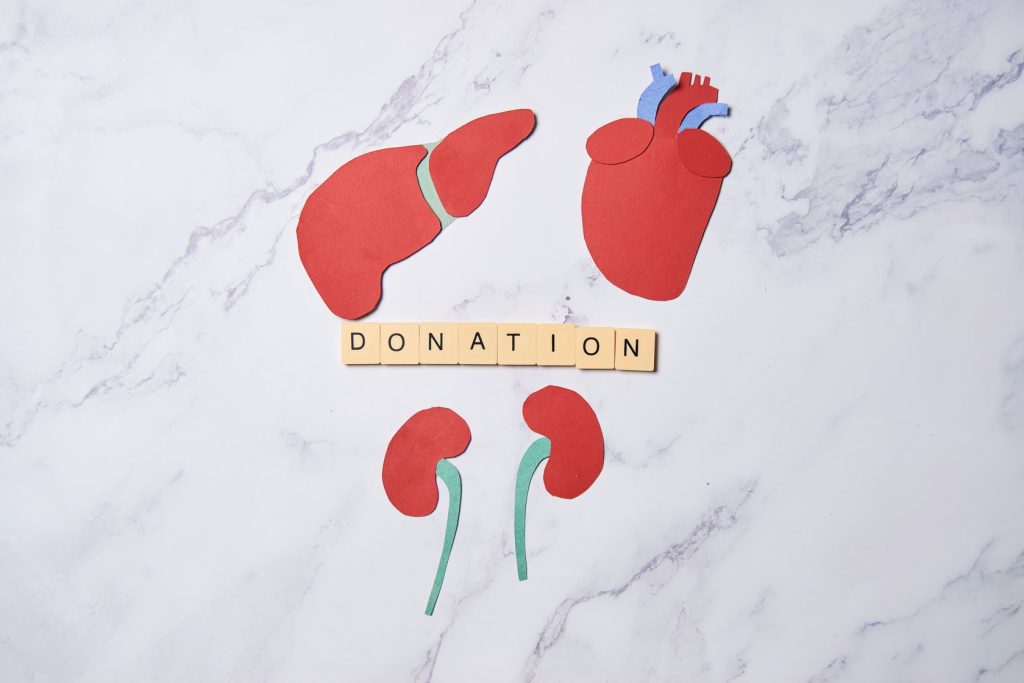
Regenerative Medicine:
Regenerative medicine is a branch of medical science that focuses on developing ways to regenerate, repair and regrow damaged cells, tissues and organs. Regenerative medicine strategies aim to restore the normal structure and function of diseased tissues. Some important terminology often used in discussing regenerative is “stem cells,” which are a type of progenitor cells in the body that have the potential to develop into any cell. “Regeneration” means replacing old and damaged cells, tissues and organs in the body with new, fully functional, engineered equivalents. “Clinical trials” is the process of testing developed therapeutics on human subjects. Regenerative medicine has enormous potential and clinical applications. By developing regenerative methods, scientists can treat chronic scars and replace damaged tissues, restore muscle or neural cells and help treat many conditions that lack effective medications.
Sources:
https://www.ncbi.nlm.nih.gov/pmc/articles/PMC4664309/
https://www.nature.com/subjects/regenerative-medicine
Regenerative Medicine in ACB Communities:
According to Dr. Tanya Petraszko, a senior medical director for Canadian Blood Services, some barriers to blood donation include “racism and mistrust of the health system, cultural ideas of blood and donation, as well as eligible screen criteria that would deter potential donors.” This is highlighted by the fact that less than 1% of blood donors at Canadian Blood Services identify as African, Caribbean, or Black. Blood disorders like sickle cell disease disproportionately affect people of colour, hence why it is essential to reduce barriers to donation to encourage more individuals from the ACB community to donate. Low levels of donation from individuals of African, Caribbean, and Black backgrounds are present in blood donations, stem cell donations, and bone marrow donations. To add on, ACB community members have the lowest odds, of 29%, of finding a bone marrow transplant due to them having more complex tissue types and also less availability of potential matches in the system.
Sources:
Ethnocultural, racial inequities in bone marrow, blood and stem cell donations

The discrepancy between Black donors and their total population in Canada could be linked to the Canadian Blood Services’ blood donation ban on individuals if they were born in certain African countries. This ban has been lifted since 2016, but the relationship between individuals of African descent and the Canadian Blood Services has not been repaired. Individuals of African descent do not trust the Canadian Blood Services as they do not see how the organisation is implementing practices to incorporate diverse practices and account for anti-black racism.
Sources:
https://www.ctvnews.ca/health/canadian-blood-services-needs-more-black-donors-expert-1.622 6076
Blackness, Race, racism, racialization in medicine and biomedical research, ACB representation in medicine
Racism is a significant issue in regenerative medicine, especially in ACB communities. For this reason, fewer matched black transplant donors are found for those in need. According to the American Journal of Nursing, approximately 60,000 black people are registered for stem cell research compared to 4 million white people. The reasoning behind limited black people being involved in such research is that “they do not trust the health care system with their body” (Merrick, 2021). When interviews and questions were asked, it was found that black people suffer from historical abuses leaving many distressed about the healthcare system, initiating fewer black blood marrow donors.
Sources:
Merrick, L. (2021). Why are black people less likely to find a stem cell donor match? AJN, American Journal of Nursing, 121(11), 11–11.
Ethnocultural, racial inequities in solid organ transplantation
Organ transplantation is a life-saving procedure that has extended and improved the lives of many, such as those with kidney or heart disease. Despite the importance of this procedure, there exist racial and ethnocultural disparities in regard to organ donation and transplantation. In Canada and the United States, East Asian, South Asian, African, Caribbean, and Black (ACB) communities are disproportionately affected by these disparities in treatment. Factors that have contributed to a lack of organ donors from these communities include a lack of knowledge on organ transplantation, cultural and religious beliefs that give high regard to the maintenance of the body as a whole, and systemic mistrust towards the healthcare system, especially amongst ACB communities. Another important finding is that there is a notable inequity when it comes to receiving organ transplants in the ACB community, as they are less likely to be referred for a transplant, more likely to be put on a waitlist and kept there for longer, and more likely to experience complications post-transplant. Overall, these findings show that there is a need for culturally informed education on organ donation that targets East Asian, South Asian, and ACB communities, as well as a need for policies and campaigns that prevent inequality regarding organ transplantation in ACB communities.
Sources:
https://journals.sagepub.com/doi/10.1177/2054358121996834
https://www.ncbi.nlm.nih.gov/pmc/articles/PMC7153978/
https://pubmed.ncbi.nlm.nih.gov/22233181/
https://www.ahajournals.org/doi/10.1161/circ.138.suppl_1.17340

